Marine collagen or grass-fed collagen? Today, we're going to talk about it. If you are
new to collagen, deciding on a collagen product can be tricky. With so much research about collagen and so many collagen products on the market, it can get overwhelming. To help we've compiled all of the information you'll need to help you decide between marine collagen and grass-fed collagen.
What is collagen and how can it help me?
Collagen is the most abundant protein in the body. It is found in connective tissues (think tendons and cartilage), bone, skin, and muscles. Collagen is found in food in different animal-based sources such as fish or cartilaginous meats. Our bodies can also produce collagen naturally, but this production naturally decreases as we age. Enter collagen powders. Supplementing collagen can have
many benefits to the body. Some of these benefits include improving hair, skin and nail health and appearance, helping to decrease joint pain, and providing benefits to overall health and well-being. To learn more details about collagen and the benefits, feel free to head over to our
Science Page, right here on our website! Now that we have covered the basics, let's jump into it the age old question of marine collagen versus grass-fed collagen.
Marine Collagen
As the name suggests, marine collagen comes from fish. The process of producing marine collagen involves using parts of the fish (such as the skin and scales) that would otherwise be discarded. This is important because it helps contribute to the sustainability of marine collagen products. Marine collagen is source of type I collagen. Type I collagen is the most abundant type of collagen in our bodies, and it is found primarily in the skin. This is why marine collagen has often been raved about for its
benefits to skin appearance. Marine collagen can help decrease the appearance of wrinkles and increase skin elasticity! Marine collagen often has high bioavailability. What does this mean? Bioavailability refers to the body's ability to absorb and use the collagen when consumed. Collagen is a large protein that is difficult for our bodies to digest. Here at Sproos, our Marine Collagen is broken down into smaller pieces called collagen peptides. These collagen peptides are more readily absorbed and therefore we can better reap the benefits. In addition, the process of breaking down collagen into collagen peptides uses a heat treatment which means that our Marine Collagen can be used in cooking and baking without worrying about the benefits going away!
Grass-Fed Collagen
Grass-fed collagen is bovine collagen that comes from grass-fed cattle. The process of producing grass-fed collagen is very similar to that of marine collagen, but using bovine hides instead of fish. Grass-fed collagen is a source of type I and type III collagen. As we've learned, type I is the most abundant type of collagen in our bodies, and type III collagen is found in our muscles, digestive system, blood vessels and skin. This makes grass-fed bovine collagen great for all-around body health and recovery from injuries and training. At Sproos, we wanted to ensure that our Grass-Fed Collagen was as sustainable and ethical as possible. This meant avoiding cattle from Brazil that contribute to Amazon deforestation. Instead,
we use pasture-raised USA cattle that are free from added hormones, antibiotics and pesticides. In addition, the cattle we use are grass-fed and finished which means the cattle consume a diet of grass instead of grains.
The bottom line?
We know that it can be tough choosing when it comes to picking a collagen product. We've created this chart to summarize all of this information, and hopefully help in the decision-making process.
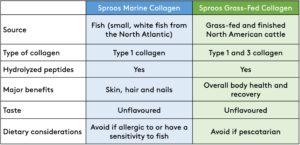
Regardless of your choice, consistency is key when it comes to adding collagen into your diet. To the body, collagen is collagen. That is why it is so important to have a serving of collagen every day (that's 2.5-10 grams/day according to Health Canada!). What's your choice of collagen? 🐟 or 🐄?
 Regardless of your choice, consistency is key when it comes to adding collagen into your diet. To the body, collagen is collagen. That is why it is so important to have a serving of collagen every day (that's 2.5-10 grams/day according to Health Canada!). What's your choice of collagen? 🐟 or 🐄?
Regardless of your choice, consistency is key when it comes to adding collagen into your diet. To the body, collagen is collagen. That is why it is so important to have a serving of collagen every day (that's 2.5-10 grams/day according to Health Canada!). What's your choice of collagen? 🐟 or 🐄?


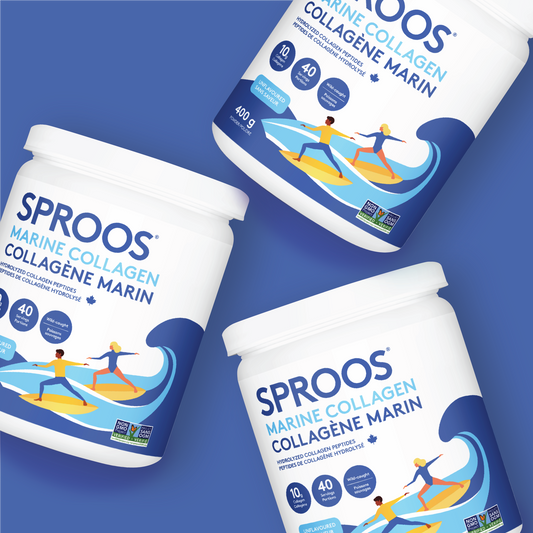
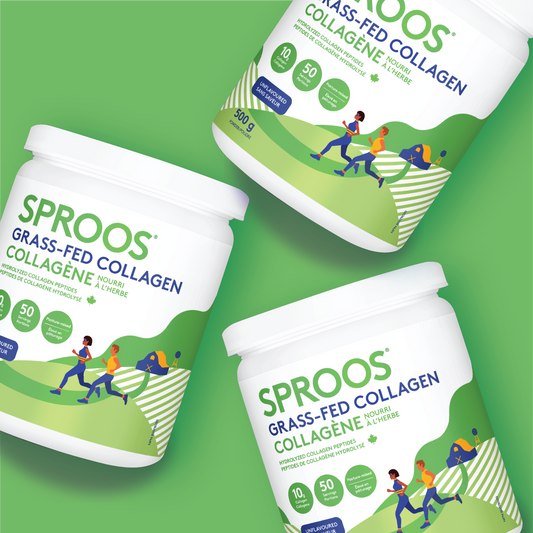
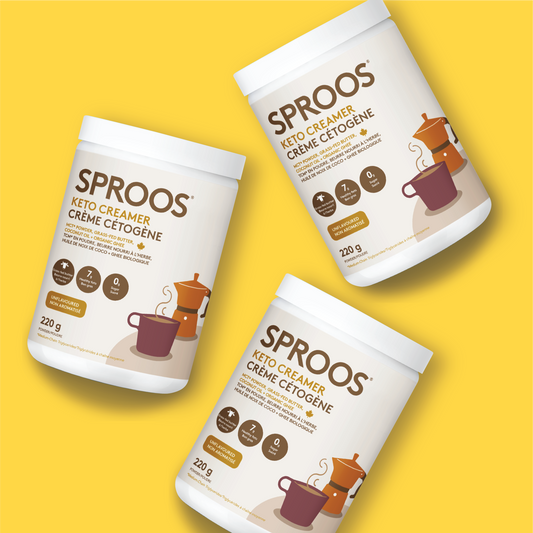

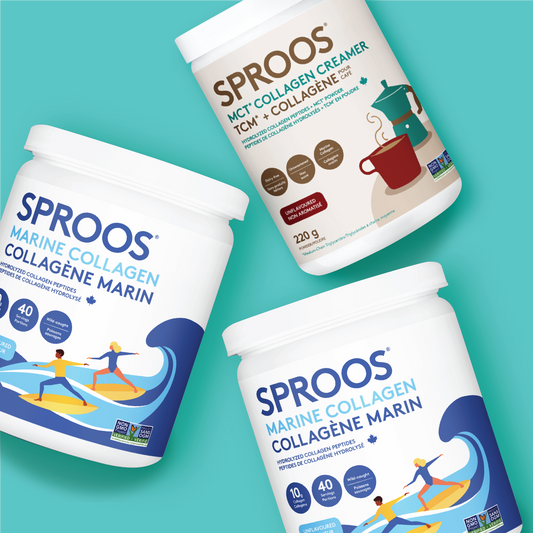
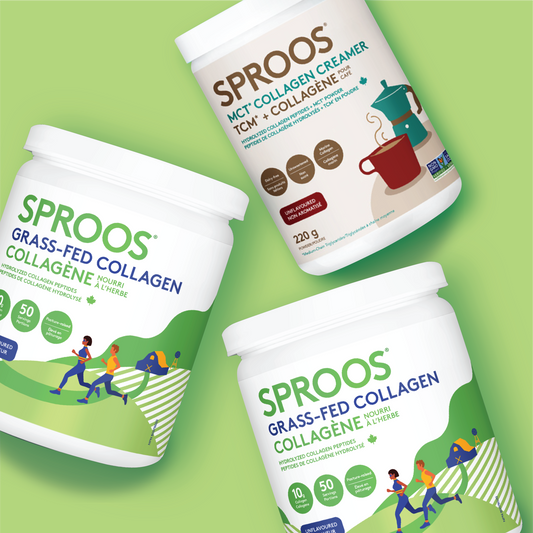
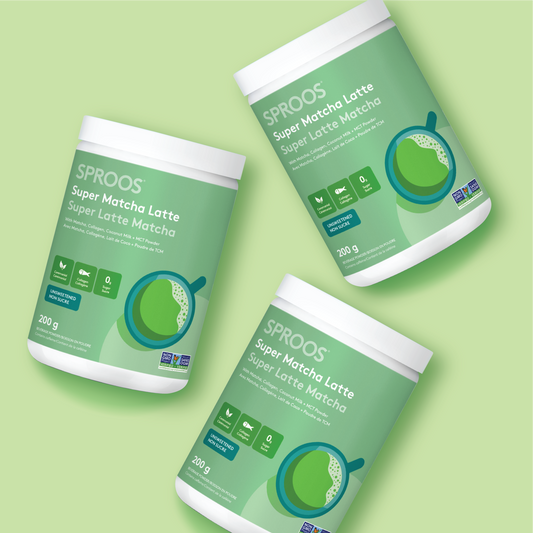
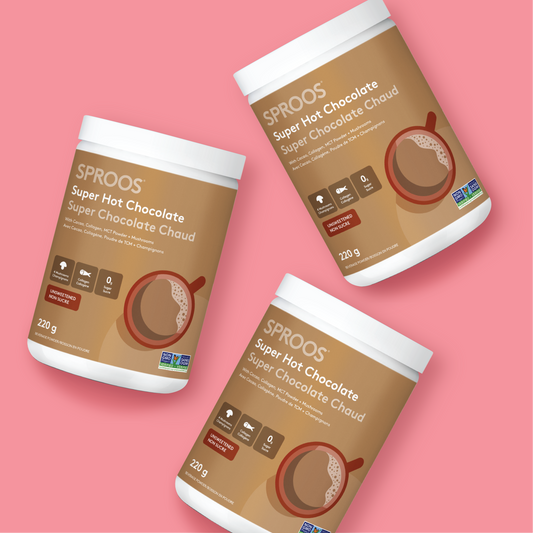
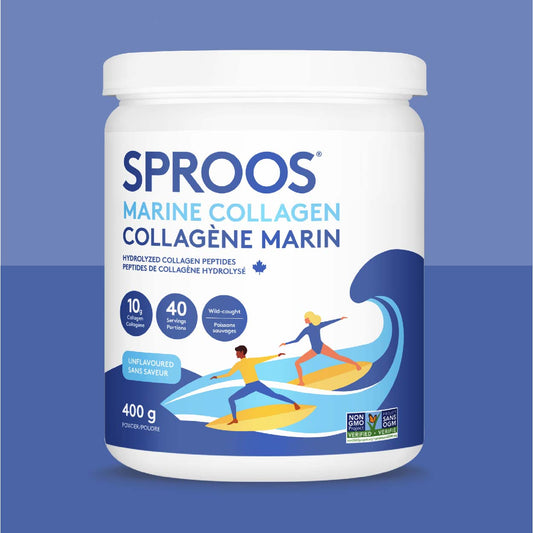
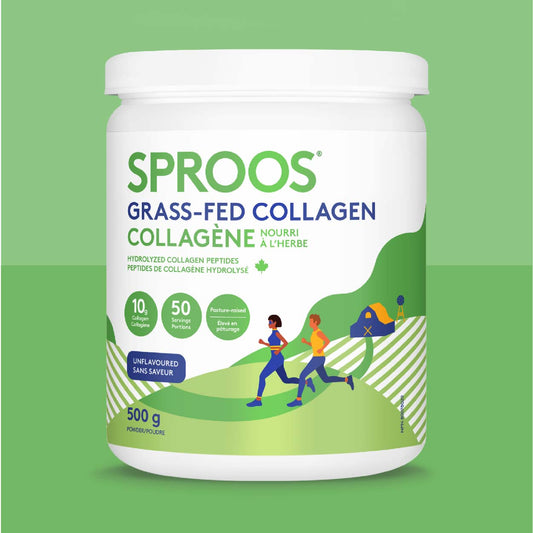
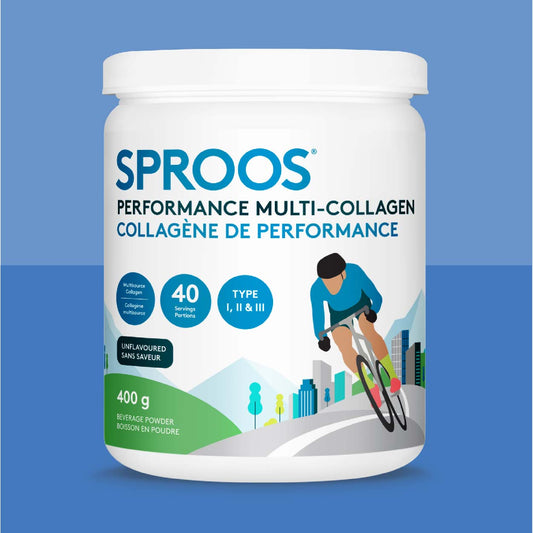
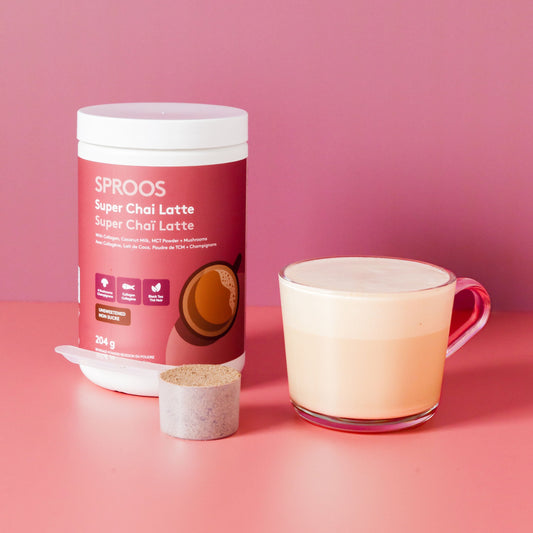
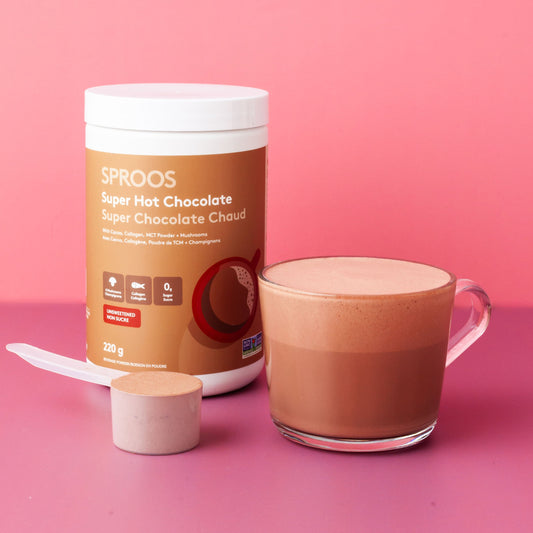
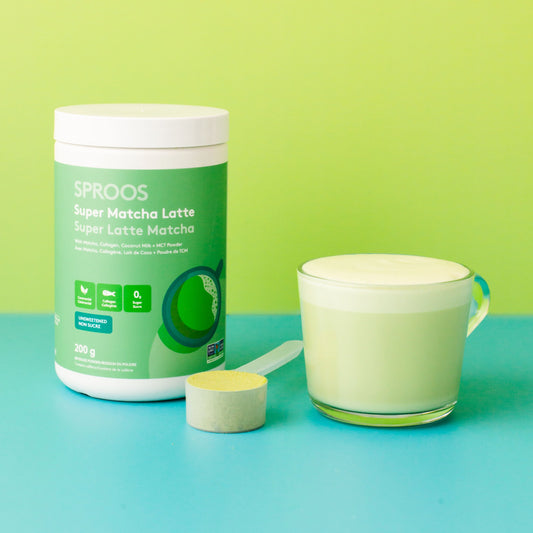
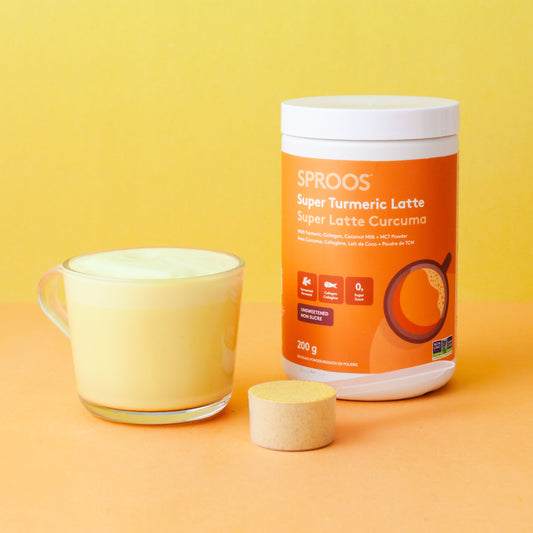
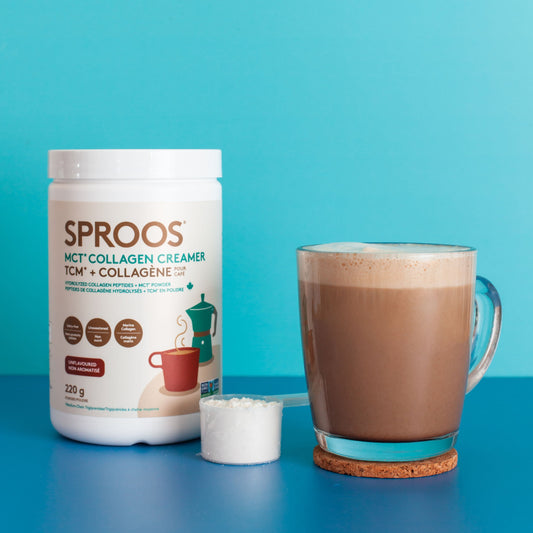
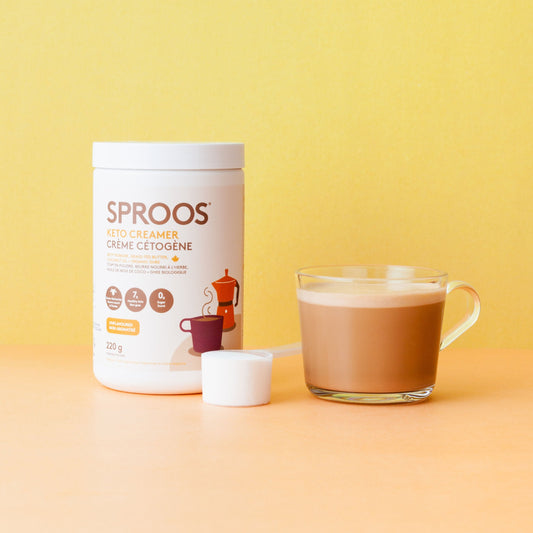
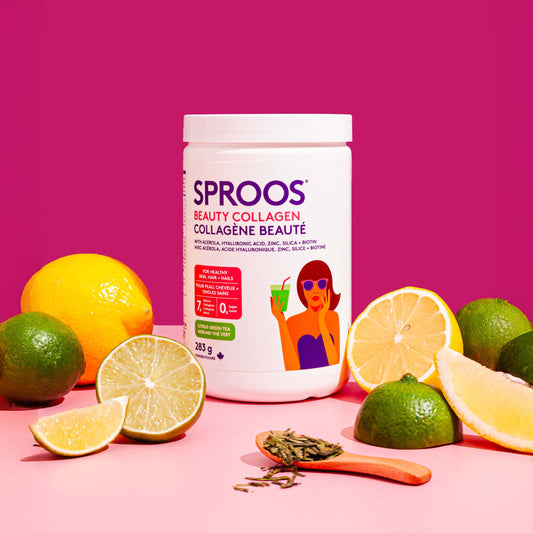
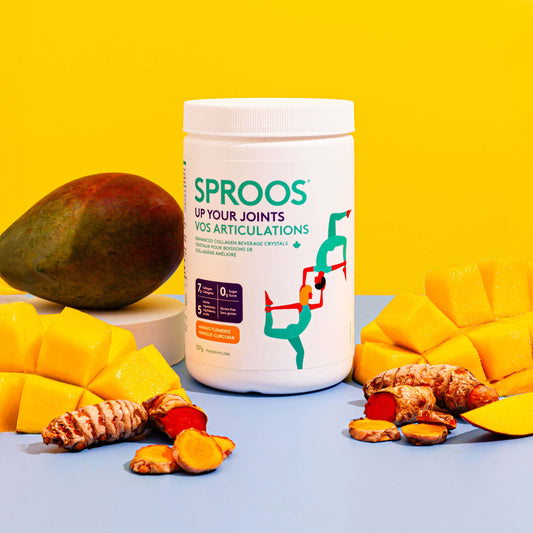
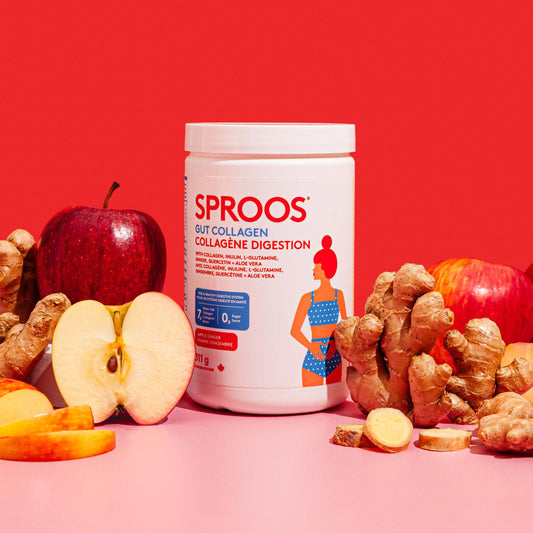
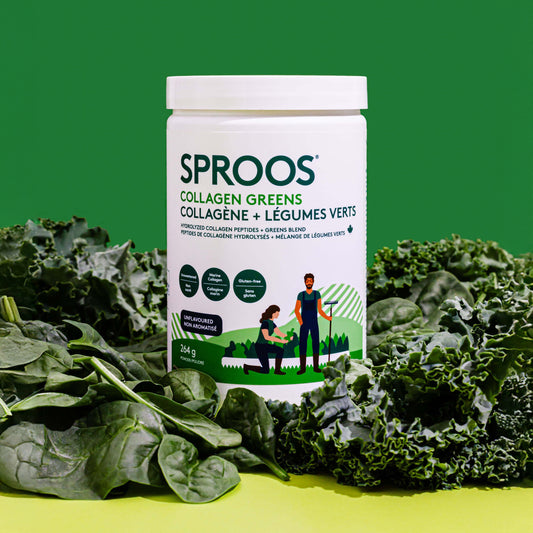

1 comment
Looking collegen for my mom her age 76 . Pain in legs